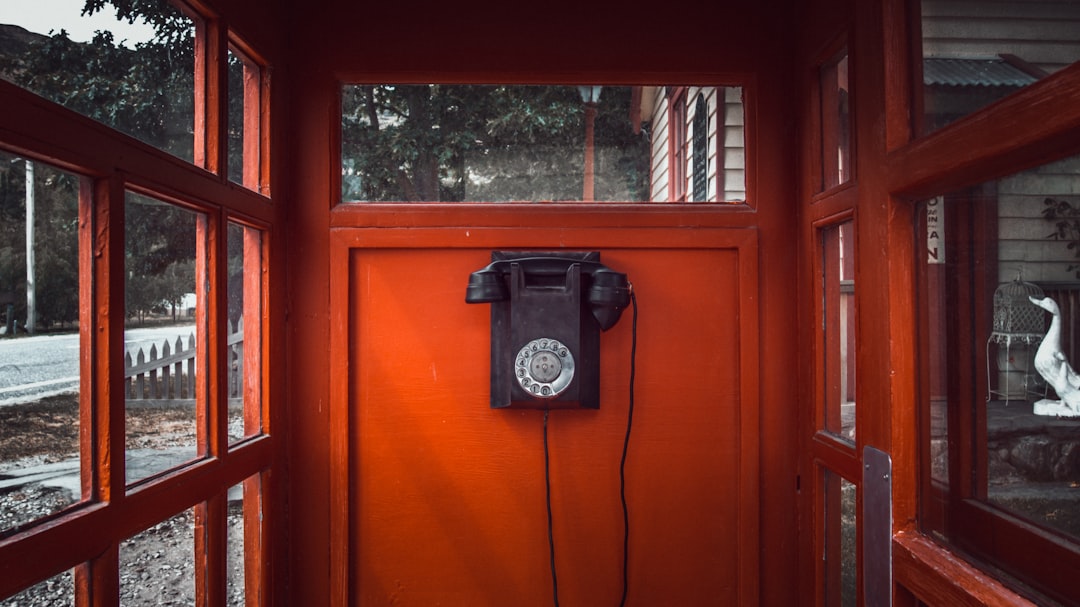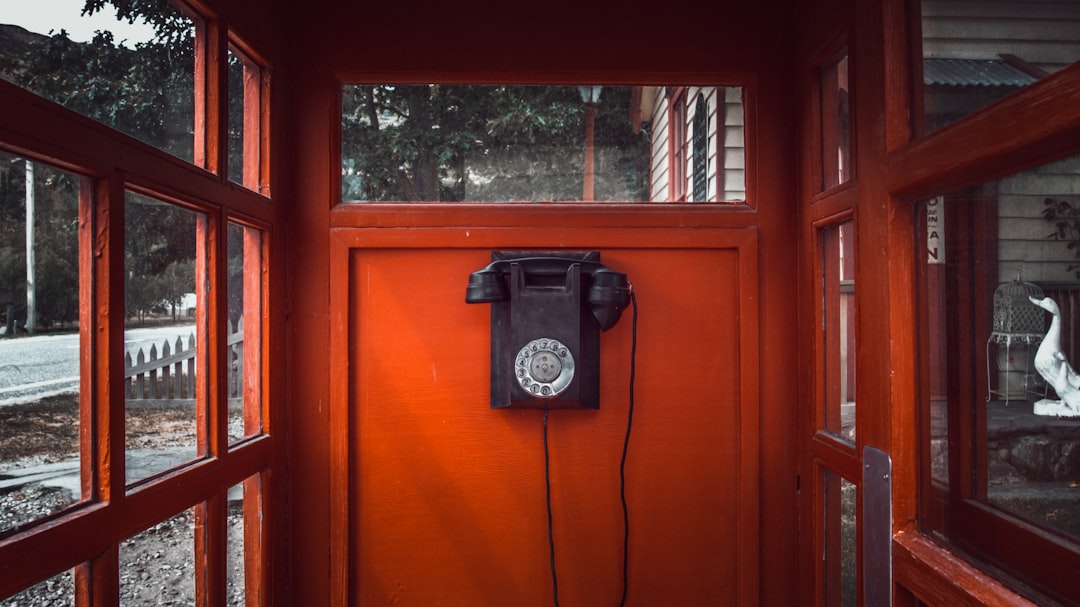Spam calls, or unsolicited telemarketing, are regulated in Wisconsin by both state (Wisconsin Telemarketing Act) and federal laws (Telephone Consumer Protection Act – TCPA), offering residents protection from intrusive automated dialing systems and prerecorded messages. Wisconsin consumers facing spam calls can assert their rights with the help of specialized spam call lawyers, who interpret complex regulations, document evidence, and take legal action against violators under both federal and state law.
“Spam calls, a persistent nuisance across the nation, have prompted Wisconsin residents to seek understanding and recourse. In this comprehensive guide, we explore the legal landscape surrounding spam calls in Wisconsin. From defining these unwanted communications to unraveling federal and state regulations, including the roles of key authorities like the FTC and FCC, this article equips readers with knowledge. Furthermore, it delves into the available legal options for victims, highlighting the importance of seeking expert advice from spam call lawyers in Wisconsin.”
What Are Spam Calls? Defining Legal Boundaries in Wisconsin

Spam calls, also known as unsolicited or unwanted telephone marketing calls, are a common nuisance in today’s digital era. These calls often promote products, services, or promotions and can be particularly aggressive in their delivery. In Wisconsin, just like many other states, there are strict laws in place to protect residents from these intrusive and often fraudulent practices.
In terms of legal boundaries, Wisconsin has implemented regulations that define what constitutes a spam call and outline the rights of consumers. The state’s attorney general’s office plays a crucial role in enforcing these laws, which include restrictions on robocalls, requirements for caller ID transparency, and restrictions on certain marketing tactics. Additionally, there are specific rules regarding do-not-call lists, consent, and the handling of consumer information to prevent spam calls from reputable sources. Understanding these legal frameworks is essential for both consumers and businesses alike, especially with the help of experienced spam call lawyers Wisconsin who can guide individuals through the complexities of these regulations.
Federal and State Laws Governing Spam Calls in Wisconsin

In Wisconsin, both federal and state laws govern spam calls, providing protections for residents from unwanted telephone solicitations. The Telephone Consumer Protection Act (TCPA), a federal statute, is one of the primary legal frameworks addressing this issue. It restricts the use of automated dialing systems and prerecorded messages for telemarketing purposes without prior express consent. Violations of the TCPA can result in substantial monetary damages per call.
On the state level, Wisconsin’s laws further enhance consumer protections against spam calls. The Wisconsin Telemarketing Act complements the TCPA by prohibiting certain practices, such as making telemarketing calls using a prerecorded message without disclosure and obtaining consent for marketing purposes. Spam call lawyers in Wisconsin play a crucial role in helping residents navigate these legal landscapes, advising on rights, and pursuing legal actions against violators to hold them accountable under both federal and state regulations.
The Role of the FTC and FCC in Regulating Spam Calls

The Federal Trade Commission (FTC) and the Federal Communications Commission (FCC) play pivotal roles in regulating spam calls across the United States, including Wisconsin. As leading regulatory bodies, they enforce laws designed to protect consumers from unsolicited telephone marketing calls, often referred to as spam calls. The FTC, with its authority under the Telephone Consumer Protection Act (TCPA), establishes rules governing how businesses can contact consumers by phone. This includes restrictions on automated or prerecorded calls, do-not-call rights for consumers, and penalties for violators.
On the other hand, the FCC complements the FTC’s efforts by ensuring compliance with telecommunication regulations. The FCC’s rules specifically address spam calls, outlining requirements for caller identification, call blocking, and consumer consent. Wisconsin residents can seek assistance from spam call lawyers to navigate these complex legal frameworks, understand their rights, and take appropriate action against violators.
Legal Recourse for Victims of Spam Calls in Wisconsin

If you’ve been a victim of spam calls in Wisconsin, you have legal options available to protect your rights and seek compensation. The first step is to gather evidence, such as recordings or logs of the calls, which can be crucial for building a case against the culprits. Many individuals don’t realize they’re entitled to legal recourse, but Wisconsin’s consumer protection laws offer significant safeguards against unwanted telemarketing practices.
Consulting with a reputable spam call lawyer in Wisconsin is essential to understanding your rights and options. These legal professionals specialize in navigating complex regulations like the Telephone Consumer Protection Act (TCPA) to ensure victims receive fair treatment. They can guide you through the process, from filing complaints to pursuing legal action against the responsible parties, helping you recover damages and put an end to harassing spam calls.






